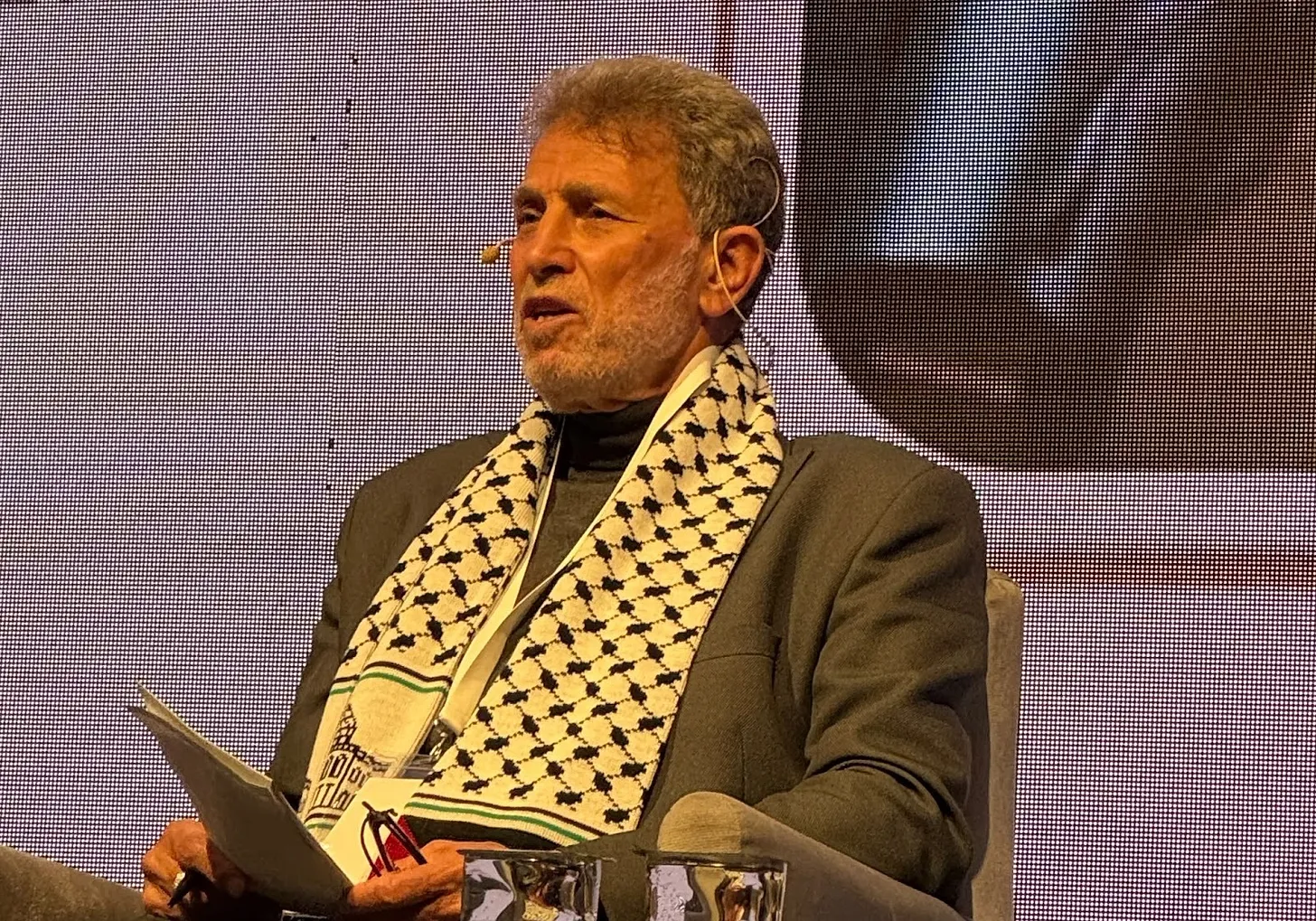 The Israeli military's policy of targeted killings has been described from the inside for the first time. In an interview with The Independent on Sunday, and in his testimony to an ex-soldiers' organisation, Breaking the Silence, a former member of an assassination squad has told of his role in a botched ambush that killed two Palestinian bystanders, as well as the two militants targeted.
The Israeli military's policy of targeted killings has been described from the inside for the first time. In an interview with The Independent on Sunday, and in his testimony to an ex-soldiers' organisation, Breaking the Silence, a former member of an assassination squad has told of his role in a botched ambush that killed two Palestinian bystanders, as well as the two militants targeted.
The operation, which took place a little over eight years ago, at the start of the present intifada, or uprising, left the former sharpshooter with psychological scars. To this day he has not told his parents of his participation in what he called "the first face-to-face assassination of the intifada".
As the uprising unfolded, targeted assassinations became a regularly used weapon in the armoury of the Israel military, especially in Gaza, where arrests would later become less easy than in the West Bank. The highest-profile were those of Hamas leaders Ahmed Yassin and Abdel Aziz Rantisi in 2005, and of Said Siyam in the most recent offensive. But the targeting of lower-level militants, like the one killed in the operation described by the former soldier, became sufficiently common to attract little comment.
The incident described by the ex-soldier appears almost trivial by comparison with so much that has happened since in Gaza, culminating in more than 1,200 Palestinian casualties inflicted by Operation Cast Lead this January. It might have been forgotten by all except those directly affected, if it had not been for the highly unusual account of it he gave to Breaking the Silence, which has collected testimony from hundreds of former troops concerned about what they saw and did – including abuses of Palestinians – during their service in the occupied territories.
That account, expanded on in an interview with the IoS, and broadly corroborated by another soldier's testimony to Breaking the Silence, directly challenges elements of the military's official version at the time, while casting new light on the tactic of targeted assassination by the Israeli Defence Forces (IDF). So do comments by the father of one of the Palestinians killed, and one who survived, also traced by the IoS.
Our source cannot be identified by name, not least because by finally deciding to talk about what happened, he could theoretically be charged abroad for his direct role in an assassination of the sort most Western countries regard as a grave breach of international law. From a good home, and now integrated into civilian life in the Tel Aviv area, the former soldier is about 30. Intelligent and articulate, and with a detailed memory of many aspects, he is scrupulous in admitting his recall of other points may be defective.





 Israeli forces on Wednesday killed at least 11 Palestinians in Gaza, including two 13-year-old boys, three...
Israeli forces on Wednesday killed at least 11 Palestinians in Gaza, including two 13-year-old boys, three... The United States has quickly eroded human rights safeguards a year into the second Trump administration,...
The United States has quickly eroded human rights safeguards a year into the second Trump administration,... US Immigration and Customs Enforcement (ICE) detained a five-year-old Minnesota boy on Tuesday as he returned...
US Immigration and Customs Enforcement (ICE) detained a five-year-old Minnesota boy on Tuesday as he returned... “I never lost hope, and I never will,” said Nael Barghouti, a 68-year-old Palestinian from the...
“I never lost hope, and I never will,” said Nael Barghouti, a 68-year-old Palestinian from the...






























